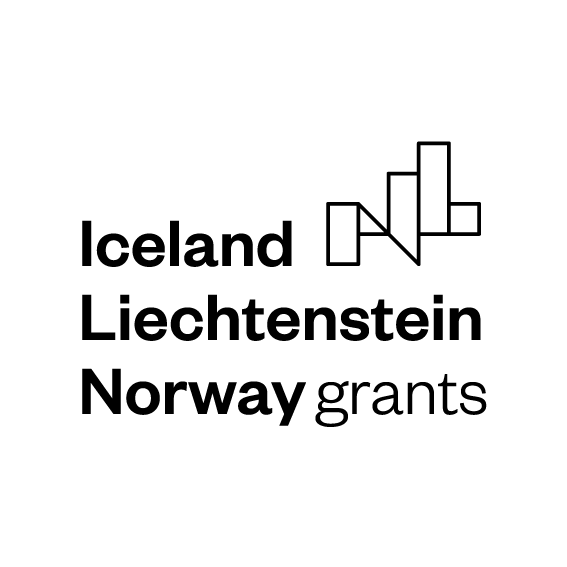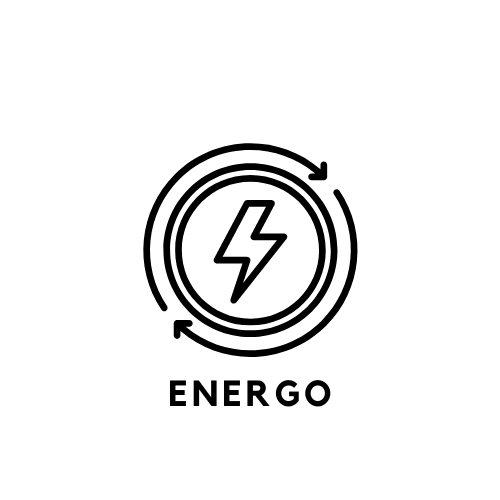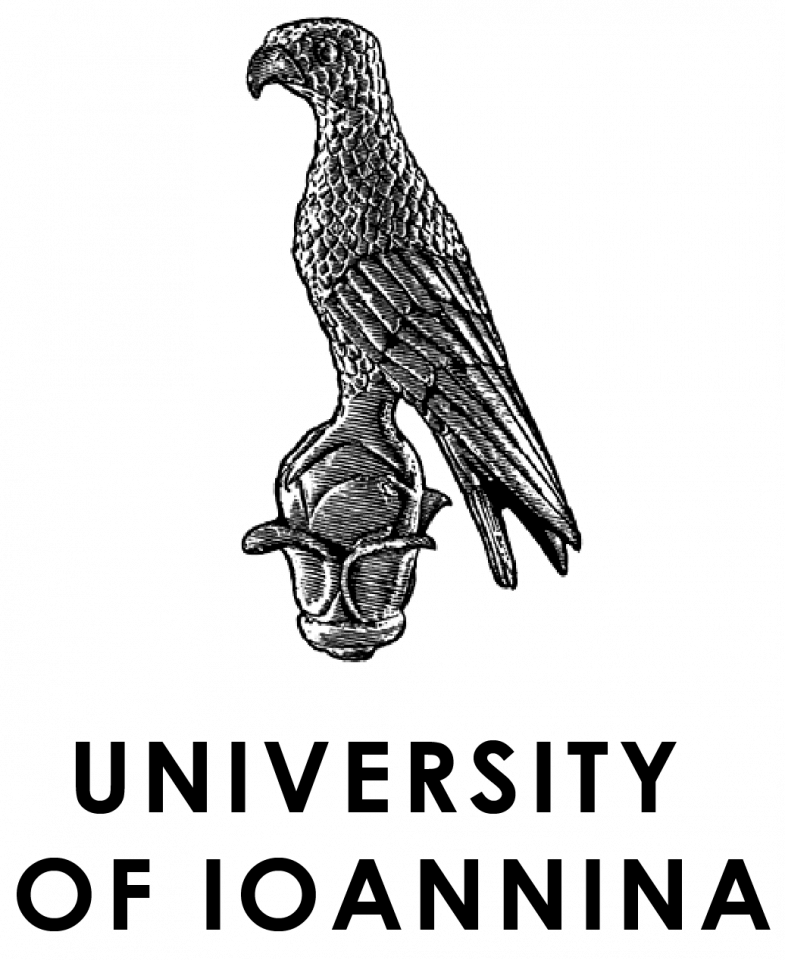

ENERGO, Energy Governance for Sustainable Development





About the ENERGO project
ENERGO aims at the advancement of scientific evidence-based mutual knowledge development in the fields of energy economics and policies, governance, and sustainable development. ENERGO further supports capacity building and continuous collaboration by bringing together a multi-disciplinary team of experts, from Norway and Greece, to systematically analyze common challenges and solutions. The project addresses challenges at national and transnational level in an inter-disciplinary approach and it extracts useful policy recommendations with regards to sustainable and inclusive energy policies in Greece and Norway through:
- Knowledge sharing and transfer of experiences from Norwegian to Greek actors and vice versa
- Increased contact between professionals in the two countries, with focus on supporting female experts and early—career researchers
- Discussion and joint working out of strategies to solve common challenges
- Capacity building
- Understanding and bridging of the priorities and incentives of different stakeholders (local communities, investors, policy makers)
The project is implemented by the Department of Economics at the University of Ioannina in collaboration with the Norwegian Institute of International Affairs and the Political Economy of Sustainable Development Lab at the National and Kapodistrian University of Athens.
Common challenges and shared solutions
Both Norway and Greece aim at exploiting their energy resources considering sustainable development goals, just energy transition and climate change policy targets. In this context, local content and prudent management of energy revenues play a crucial role. “Local content” refers to the creation of jobs and innovation opportunities for local communities and businesses. “Revenue management policies” refer to the use of public revenues generated from energy projects for investment (e.g., infrastructure), saving or spending. Local content can reverse brain drain (at local and national level), provide a stimulus for innovation, employment, and local activity. Prudent revenue management is linked to both sustainable development goals and climate change mitigation policies. Sustainable growth can be supported through fair and efficient allocation of revenues between current and future generations, between the local communities and the rest of the society and between different uses (e.g. education, infrastructure etc.). Addressing questions related to local content and revenue management of energy projects is relevant for both Norway and Greece and analysis of both countries can provide mutually beneficial insights. The analysis can also provide useful results for other countries in the Southeast Mediterranean like Cyprus.
ENERGO undertakes a thorough investigation of the public policies that relate to local content and sustainable management of energy projects. It further assesses the policy implications of diversification of energy sources (increasing penetration of renewable energy sources in the energy mix and fossil fuel divest) and sustainable development targets for revenue management. Project results feed the development of training, capacity building and dissemination material with the intention to support well informed public and policy debate.
The target/beneficiaries during the project lifetime and beyond are:
- Public & private entities, researchers & civil society interested in promoting sustainable growth, innovation, and knowledge transfer in the energy sector
- Public bodies, policy makers and national regulators dealing with energy projects
- Local communities where energy infrastructure is in place or energy projects are/will be running
- Policy makers dealing with national, regional, and transnational governance challenges of shared resources and common policies of energy, national and regional development
- Academics, researchers, and students working on subjects of economics, public policy, business, industrial development, and energy
About the EEA Grants
The ENERGO project started in April 2021, has 36 months duration and it is funded by the European Economic Area (EEA) Financial Mechanism 2014-2021 EEA Grants 2014-2021. The EEA Grants represent the contribution of Iceland, Liechtenstein, and Norway towards a green, competitive and inclusive Europe. There are two overall objectives: reduction of economic and social disparities in Europe, and to strengthen bilateral relations between the donor countries and 15 EU countries in Central and Southern Europe and the Baltics. The three donor countries cooperate closely with the EU through the Agreement on the European Economic Area (EEA). The donors have provided €3.3 billion through consecutive grant schemes between 1994 and 2014. For the period 2014-2021, Greece will benefit from the total funding amount of 116.7M € via Protocol 38c. The EEA Grants as a financial mechanism of the EEA have a continuous presence in Greece for the 25 years of their operation.
Greece and the Donor countries are like-minded countries, sharing the same set of values and ideals. All four countries fully recognize and are showing a keen interest in the challenges that the world and humanity faces, such as the climate crisis, the humanitarian challenges, the need for sustainable use of natural and maritime resources, the need for peace, stability, and security. The Bilateral Relations Fund is a flexible financing resource used to support initiatives aiming at strengthening relations between the Donor Countries (Iceland, Liechtenstein, and Norway) and Greece as the Beneficiary State, so that they may enhance their cooperation strategy, networking, and the exchange of knowledge between their entities. The results and achievements of the previous funding periods of the Grants are a significant base for the EEA Grants period 2014-2021, in terms of objectives achievements, institutional framework, networking, communication and publicity. For further details about the EEA Grants, please follow the link https://eeagrants.org
Follow ENERGO
The Project is Implemented by


